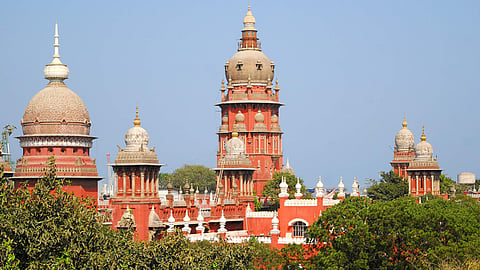

CHENNAI: The Madras High Court has dismissed a petition seeking to separate a temple from a group of four temples in Namakkal district, ensuring exclusive worship rights for a particular caste.
Justice D. Bharatha Chakravarthy, rejecting the plea, held that the temple is a public place of worship administered by the Hindu Religious and Charitable Endowments (HR&CE) department and must remain accessible to all devotees for worship, management, and administration.
Referring to the dangers of caste-based discrimination, the judge observed, “Believers in caste discrimination try to disguise their hatred and inequality under the guise of ‘religious denomination,’ viewing temples as fertile ground for nurturing these divisive instincts and creating social unrest.”
He clarified that while a social group identifying itself by caste may have specific customary rights regarding its manner of worship, caste itself is not a religious denomination. “No caste can claim ownership of a temple. The administration of the temple based on caste identity is not a religious practice. This matter is no longer res integra (a question that has not been examined),” the judge stated.
He further noted that Articles 25 and 26 of the Constitution protect only essential religious practices and the rights of religious denominations. “The Supreme Court has examined the issues of religious denomination and religious practice in detail. It has laid down that ‘denomination’ pertains to religion. Caste is not religion,” he added.
The petition was filed by one Ganesan, who sought the separation of Ponkaliamman Temple, administered by the HR&CE department, from three other temples to allow his community to worship exclusively while others could continue worshipping at the remaining temples.
Dismissing the plea, the judge ruled that such a request could not be accepted.